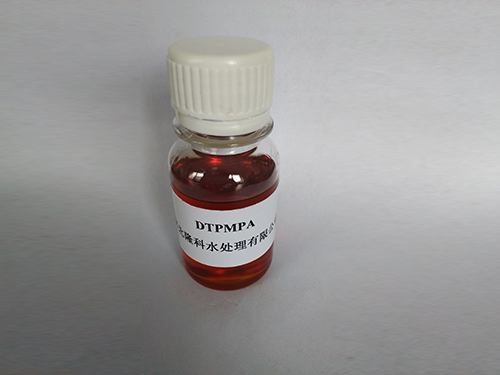Understanding Poly Aluminium Chloride and Its Applications in Water Treatment
Poly Aluminium Chloride (PAC) is an inorganic chemical compound commonly used in water treatment processes. Formed through the hydrolysis of aluminum chloride, PAC is characterized by its high charge density, making it an effective coagulant in various applications.
Poly Aluminium Chloride (PAC) is an inorganic chemical compound commonly used in water treatment processes
. Formed through the hydrolysis of aluminum chloride, PAC is characterized by its high charge density, making it an effective coagulant in various applications.One notable advantage of PAC over traditional coagulants like aluminum sulfate is its lower dosage requirement. PAC has a higher molecular weight and creates a denser floc, which leads to better sedimentation and reduced sludge volumes. This characteristic reduces waste in treatment facilities, making the process more efficient and cost-effective. Moreover, PAC operates effectively across a wide pH range, making it versatile for various water qualities.
what is poly aluminium chloride

In wastewater treatment, PAC helps in the removal of heavy metals, phosphates, and other contaminants. Its effectiveness in treating industrial effluents has made it a popular choice among industries striving to minimize environmental impact. In the paper industry, PAC is used as a retention aid, improving fiber retention and enhancing the overall quality of paper products.
Despite its many benefits, there are concerns regarding the use of PAC, particularly its potential impact on health and the environment. Some studies suggest that excessive use of aluminum-based coagulants can lead to aluminum accumulation in the body, which is linked to neurotoxicity. Therefore, the use of PAC must be carefully monitored, and alternative coagulants should be considered in sensitive applications.
In conclusion, Poly Aluminium Chloride is a widely utilized coagulant due to its efficiency and cost-effectiveness in water treatment processes. Understanding its properties and potential impacts allows for safer and more sustainable usage in various industries. As water quality continues to be a pressing global issue, PAC will likely remain an integral part of water and wastewater management strategies, necessitating ongoing research and innovation in this field.
-
lk-319-special-scale-and-corrosion-inhibitor-for-steel-plants-advanced-solutions-for-industrial-water-systemsNewsAug.22,2025
-
flocculant-water-treatment-essential-chemical-solutions-for-purification-processesNewsAug.22,2025
-
isothiazolinones-versatile-microbial-control-agents-for-industrial-and-consumer-applicationsNewsAug.22,2025
-
scale-inhibitor-key-solutions-for-water-system-scale-preventionNewsAug.22,2025
-
organophosphonates-versatile-scale-inhibitors-for-industrial-water-systemsNewsAug.22,2025
-
scale-and-corrosion-inhibitor-essential-chemical-solutions-for-water-system-maintenanceNewsAug.22,2025





